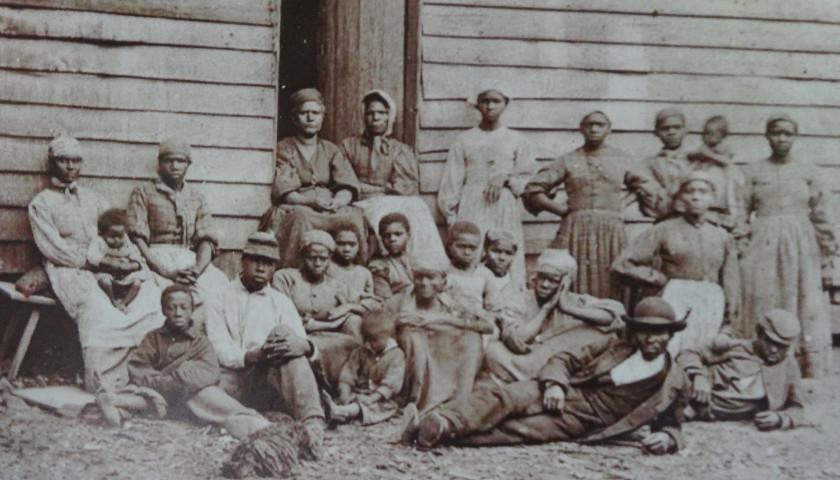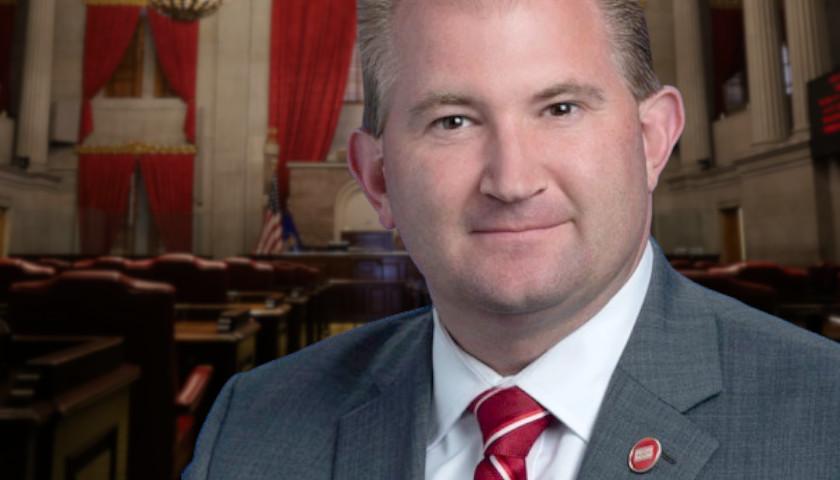by Karen Hiltz
What is slavery? Has it been abolished? Is the truth about American slavery taught in our public schools? There are historically documented answers to these questions. But the primary narrative continually promotes only one truth, and that truth is skewed because people don’t know history.
Let’s be frank. United States history has its flaws. We are an imperfect people living in an imperfect nation. I never intend to be offensive, but rather pursue kindness, respect, and honest conversations. I share the following information to encourage people to learn about and research the facts. Every nation has dark periods, but humanity often rises above and produces periods of light and prosperity.
It’s important to give proper context to any discussion, so here’s a portion of the definition from Noah Webster’s 1828 dictionary:
1. a. Bondage; the state of entire subjection of one person to the will of another.
b. Slavery is the obligation to labor for the benefit of the master, without the contract or consent of the servant.
During Webster’s time slavery was in southern states and relevant to their way of life. Northern states weren’t slaveholders, but there were indentured servants. These individuals needed something, so they became indebted to someone, typically in exchange for labor. In many cases it took years to work off the debt.
All nations and cultures were inhuman at some point. The Israelites lived in bondage for over 400 years in Egypt. Europeans became indentured servants to flee tyranny. Africans captured their people and sold them as chattel. Persons were forced to work in factories for pennies. Jews were transported to concentration camps.
Ignorance of history proliferates deception. There is no one alive today that is a son, daughter, sister, or brother of a southern slave. Slavery was abolished in 1789 in federal territories and in 1808 Congress abolished the slave trade. By 1820 the Democratic Party became the majority in Congress and passed laws such as the Missouri Compromise, Fugitive Slave Law, and Kansas-Nebraska Act to reverse what 1789 and 1808 legislation accomplished.
In 1860 the first Republican president, Abraham Lincoln, was elected along with a majority in the House and Senate. The shift to anti-slavery and pro-civil rights positions led to Washington DC abolishing slavery in 1862. The 1863 Emancipation Proclamation declared “that all persons held as slaves” within the rebellious states “are, and henceforward shall be free.” However, the 1860 election led to southern Democrats leaving Congress, forming the Confederate States of America, and civil war.
The 1864 election brought the proposed 13th Amendment to the U.S. Constitution and was ratified in 1865. In addition, previous laws were repealed, and new laws were passed to support what our Declaration of Independence states: that all men are created equal and that they are endowed by their Creator with certain unalienable Rights.
In March 1865 Congress passed the Freedmen’s Bureau Act for the Relief of Freedmen and Refugees regarding compensation or reparations. This act provided food, shelter, clothing, medical services, and land to displaced southerners including newly freed slaves. It was a program for a limited period to provide a hand up.
The 1800s saw the end of slavery and several black men serve and succeed in various positions. Familiar names include Frederick Douglass and Booker T. Washington, both achieving significant accomplishments during their lifetimes. However, other less familiar gentlemen include Hiram Rhodes Revels of Michigan who became the first black U.S. Senator. Representative Benjamin Turner of Alabama not only served in Congress but was a prosperous and wealthy businessman. Representative Jefferson Long of Georgia was the first black to deliver a congressional speech in the U.S. House. Representative Joseph Haye Rainey of South Carolina briefly served as the Speaker of the U.S. House. And Robert Brown Elliott of South Carolina later became the Speaker of the House in the state legislature. All these gentlemen were elected Republicans.
Fast forward to the 21st century where bondage continues to exist. The world is steeped in human trafficking. Financial debt makes us indentured and why it’s dangerous. The massive bureaucratic welfare and taxation systems. Humans fall prey to drug, alcohol, and pornography addictions. Technology has become a modern-day shackle. These dependencies exhaust one’s ability to make reasoned decisions, take responsibility, and have control over situations. We no longer enjoy our freedoms and find ourselves enslaved.
A recent Jack Hibbs podcast shared an analogy regarding slavery:
Legalism for example. What does it do to you? It absolutely saps you from all strength, it bewilders you, and it winds up making you, I think, a slave in the worst case and that is a religious slave. You can’t think for yourself. You can’t read for yourself. You can’t have any questions. Don’t ask any questions. And you’re imprisoned.
He’s speaking of religious legalism under Old Testament law, but his point is when we subscribe to something that restricts or removes our unalienable rights, we are in bondage.
People blindly accept the lie that legislation is passed with the claim of protecting us. From whom? Ourselves? Our families? Our friends? History tells us the primary role of government is to protect the people from government.
Our elected officials and lifetime bureaucrats have forgotten their intended purpose. We are now to a point that when a person doesn’t comply, they’re a target, a menace to society, a person to be destroyed. We The People must remind those who hold these temporary positions who they serve. Reclaim your God given rights, remove the shackles of government exploitation, stand up and shake off the remnants of bondage.
Karen Hiltz, a speaker and author from Sebastian, FL, is a Navy veteran, retired federal procurement professional and former professor of business and public school board member. She has a BA and MBA in Management and an EdD in Leadership Studies.
Photo “Slaves” by denisbin. CC BY-ND 2.0.





